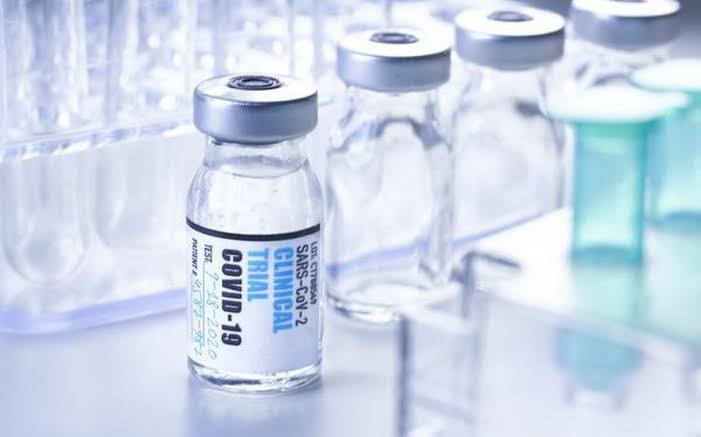The Lancet medical journal said Thursday it had asked authors of a study on a potential Russian COVID-19 vaccine for clarifications after their research came under scrutiny.
Russia announced last month that its vaccine, named “Sputnik V” after the Soviet-era satellite that was the first launched into space in 1957, had already received approval.

At least 24 scientists from across the world have flagged data inconsistencies in a study published in the journal The Lancet that claimed the Russian vaccine, Sputnik V had been successful in producing an immune response in volunteers who had taken the drug. The study was published in The Lancet on September 4, where Russian researchers claimed that the country’s first COVID-19 vaccine was successful in producing antibodies with any side-effects.
The researchers identified what they said appeared to be a number of duplications in figures presented and concluded that the data within the study was “highly unlikely” to be correct.

The lead study author was quoted Thursday by Russia’s RIA Novosti news agency saying he rejected the letter’s claims.
A spokeswoman for The Lancet told AFP that they were aware of the open letter.
“We have shared the letter directly with the authors and encouraged them to engage in the scientific discussion,” she said.

The spokeswoman added that the research had been reviewed by independent experts before publication.
The pandemic has seen an unprecedented mobilization of funding and research to rush through a vaccine that can protect billions of people worldwide.

Russia on August 11 announced the “world’s first” COVID-19 vaccine, which is aptly named after the first artificial satellite sent into the orbit by the former Soviet Union. The vaccine immediately garnered criticism from the international scientific community because of the lack of data on advanced human trials. Russia then announced that it would conduct the trials on over 40,000 people to prove the safety and efficacy of the vaccine.

